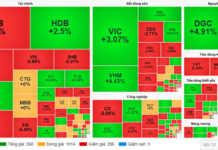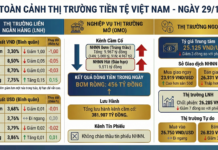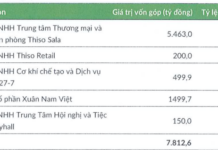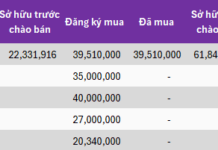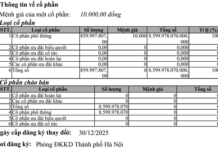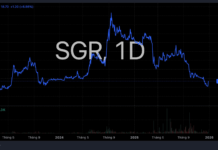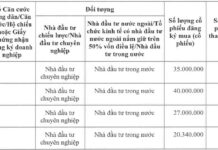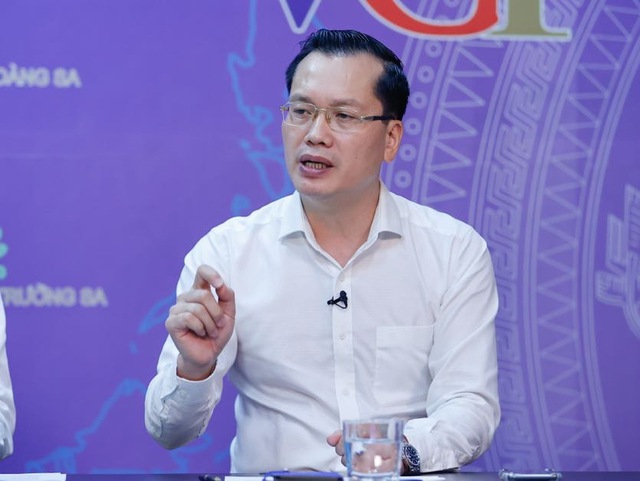Electricity Prices to Rise
Speaking at the seminar “What Breakthroughs are Needed to Attract Investment in the Electricity Sector?”, Dr. Bui Xuan Hoi, Energy Economics expert, stated that Vietnam’s electricity pricing strategy is overly multifaceted, whereas other countries tend to have a clearer separation of pricing structures, despite government intervention in the industry.
“Currently, the cost of supplying electricity to remote islands is 7,000-8,000 VND, but we are still selling it at a uniform rate of around 2,200 VND nationwide. We are subsidizing these areas, and this should be clearly supported by the government. This would allow for more transparency in the electricity sector,” said Dr. Hoi.
Dr. Hoi also commented on the current pricing mechanism, stating that while it has its limitations, the core issue lies in price management. He suggested that gradually separating public service activities from market activities would enable a more suitable pricing framework. If immediate market-based pricing is not feasible, all regulatory aspects should still gradually move towards a market orientation.
According to Dr. Hoi, the current price structure, developed in 2014, aimed to promote manufacturing with lower electricity prices. To balance EVN’s finances, commercial electricity prices had to be increased. This process necessitates gradual adjustments, prioritizing manufacturing and restoring the proper role of manufacturing households.
“However, we have allowed this imbalance to persist without making necessary corrections. As a result, abruptly eliminating cross-subsidization is not feasible, as it would shock the economy. Nonetheless, we must take action to gradually transition towards market-based electricity pricing. This is essential, and I believe the challenge lies not in cost calculation but in effective price management,” asserted Dr. Hoi.
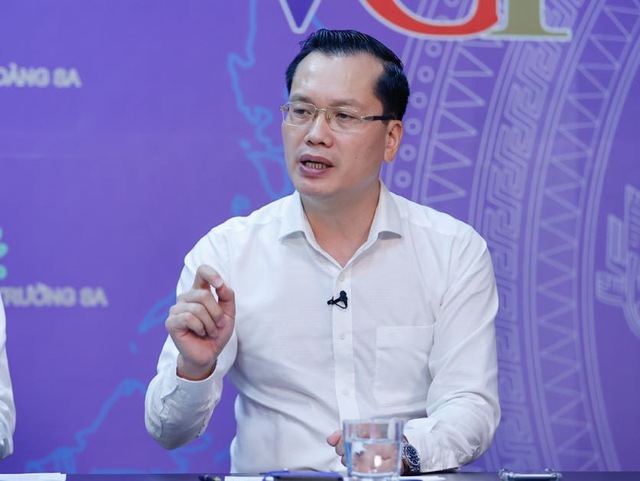
Dr. Bui Xuan Hoi, Energy Economics Expert
Forecasting future electricity prices, Dr. Hoi acknowledged that despite efforts to diversify energy sources, base load power, including coal and gas, remains crucial. With the current trend of rising fuel input costs, he predicted that the overall cost of electricity supply would increase.
Given the geopolitical situation, it is unrealistic to expect an immediate decrease in input prices, and they may settle at a new, higher range. This reality must be accepted.
“We aspire to achieve Net Zero by 2050, and other countries also strive for clean energy. I assert that there is no such thing as cheap clean energy. Solar power can generate a maximum of four hours per day, and wind power is inconsistent, so these sources cannot provide low-cost electricity.
In summary, the combination of geopolitical fluctuations and the energy transition will inevitably lead to higher overall electricity supply costs,” emphasized Dr. Hoi.
“You Can Live Without an iPhone, But Not Without Electricity”
Further analyzing electricity pricing, pricing expert Nguyen Tien Hoa, former Director of the Price Management Department (Ministry of Finance), pointed out that one of the initial bottlenecks, including electricity generated from coal, gas, and renewable sources, is pricing.
Pricing can be likened to the lifeblood of a society, determining whether there is sufficient momentum for development. Removing this bottleneck can lead to achieving multiple goals.
“Everyone loves cheap prices, but consumers also understand that extremely low prices may indicate losses for manufacturers, leading to shortages. There are two main concerns: inaccurate pricing and power shortages. Inaccurate pricing refers to including costs unrelated to production and business activities. Consumers desire fair pricing that accurately reflects the actual costs,” said Mr. Hoa.
Mr. Hoa emphasized the importance of calculating prices based on market principles while ensuring transparency. He stated that electricity pricing must be transparent, and all barriers must be removed. This does not imply a free market but rather a regulated one where the state retains a monopoly, and private sector participation is limited.
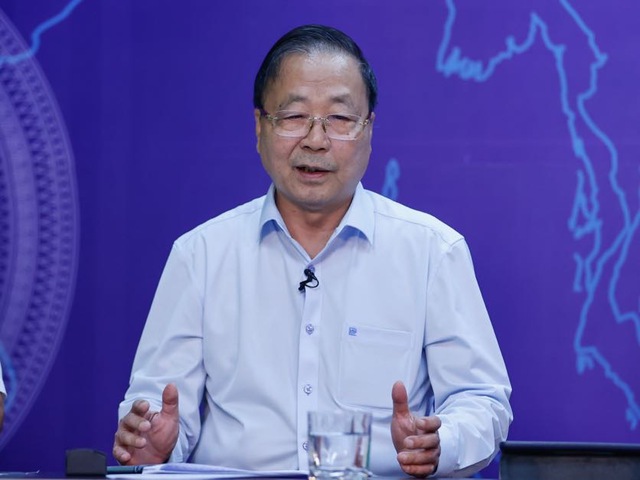
Pricing Expert Nguyen Tien Hoa, Former Director of the Price Management Department (Ministry of Finance)
Discussing the consequences of not calculating prices accurately, Dr. Bui Xuan Hoi, Energy Economics expert, referred to 2023 as a telling example of the necessity to reduce power loads or, in other words, cut power when supply falls short of demand.
In the field of energy economics, this is referred to as the cost of interrupted power supply, defined as the economic damage incurred when a kilowatt-hour of electricity cannot be provided. The impact is enormous and far-reaching.
“You can live without an iPhone, but not without electricity. Electricity is an essential input, a vital commodity, and an input for other inputs. As the economy shifts from agriculture to industry, electricity is indispensable for its functioning. Without a functioning economy, there can be no growth or progress. This is what we refer to as the cost of interrupted power supply in economic terms,” explained Dr. Hoi.
Major General To An Xo: Materials stockpiling leads to a 300% increase in electricity prices
The spokesperson of the Ministry of Public Security revealed that there have been cases where investors and contractors collude to inflate the prices of materials and electrical equipment, resulting in high electricity prices and harm to consumers.
Prime Minister: State-owned enterprises holding substantial resources need to be profitable
On the morning of February 5th, Prime Minister Pham Minh Chinh emphasized the importance of profitable operations and increased contributions to GDP growth and the state budget by working with 19 conglomerates and state-owned enterprises. These businesses possess significant resources and must strive to generate more profits.
New proposal on electricity pricing management by the Ministry of Industry and Trade
In the report submitted to the Government regarding the draft amendment of Decision 24/2017 on the average retail electricity pricing mechanism proposed by the Ministry of Industry and Trade, in addition to the Ministry of Finance, the Ministry of Industry and Trade suggests the involvement of relevant ministries to coordinate and assess the impact of the electricity pricing adjustment.


